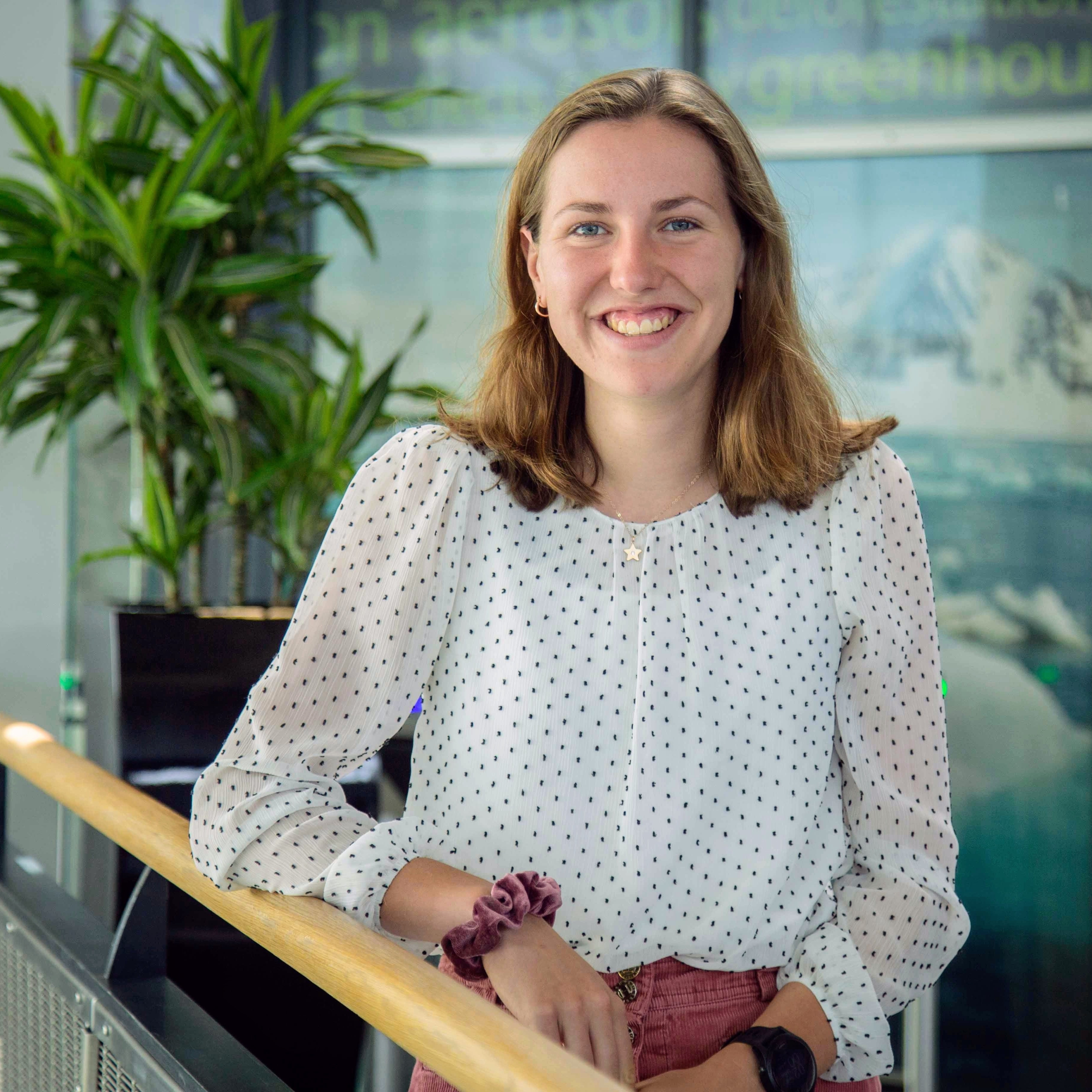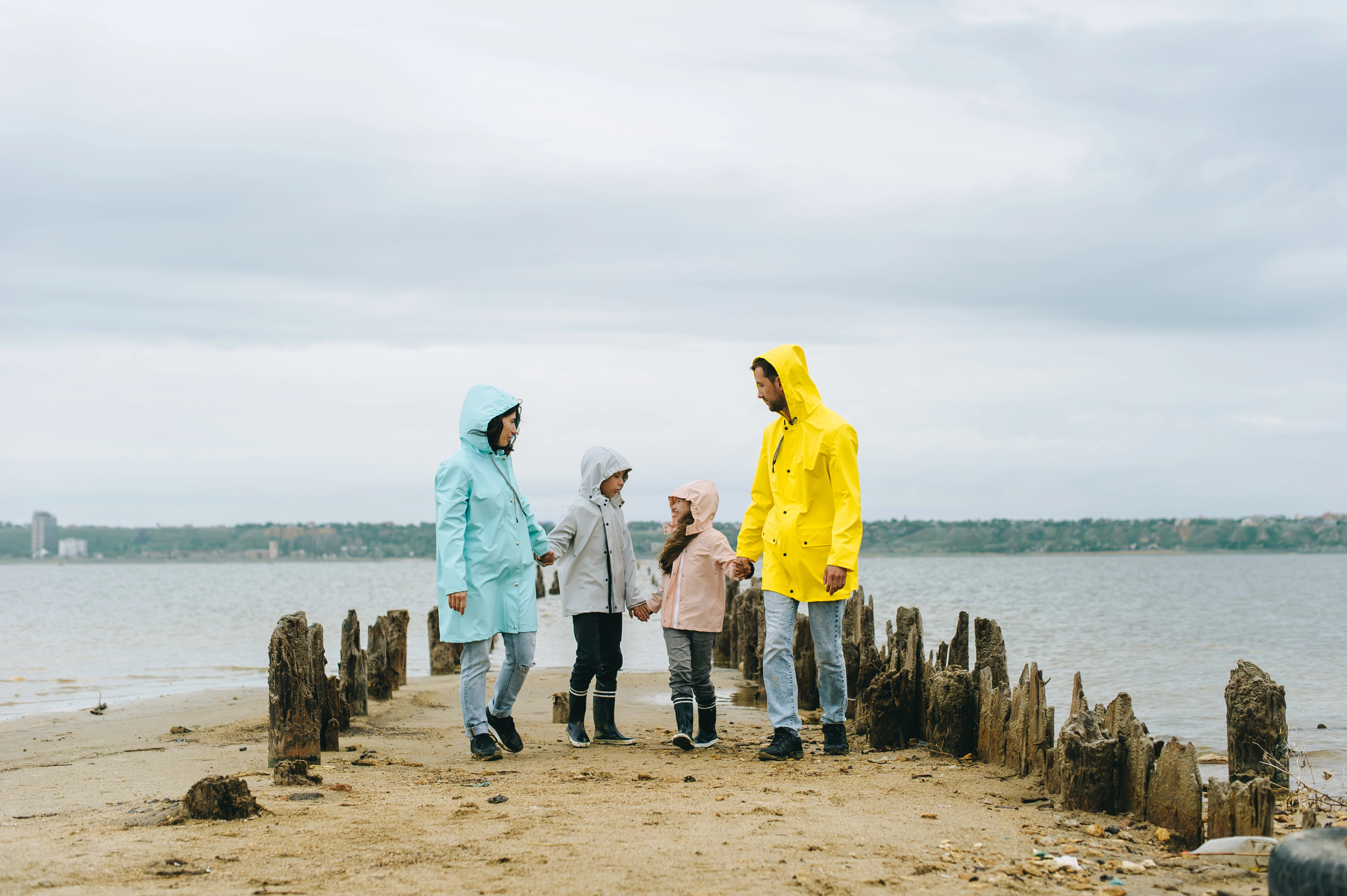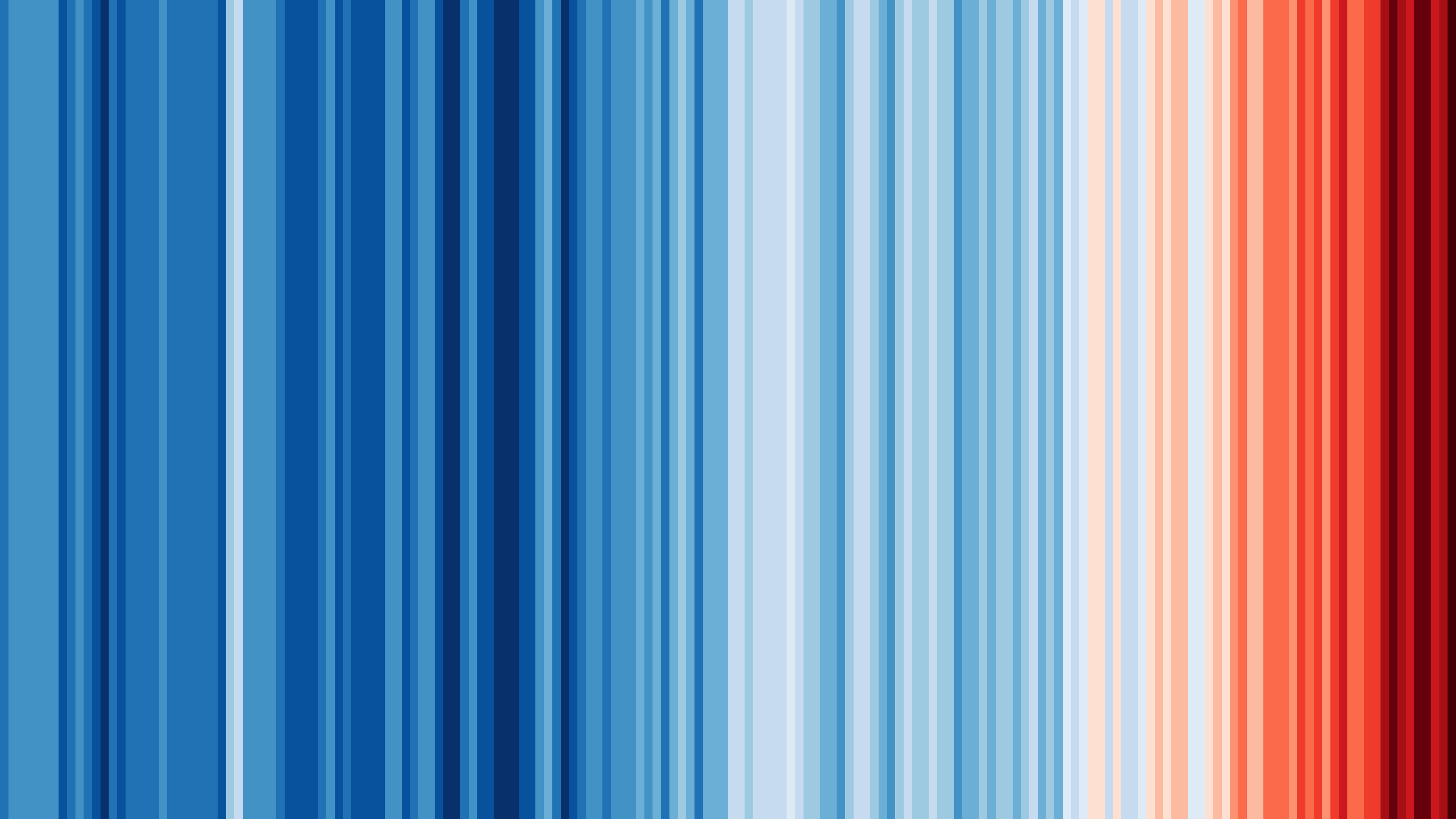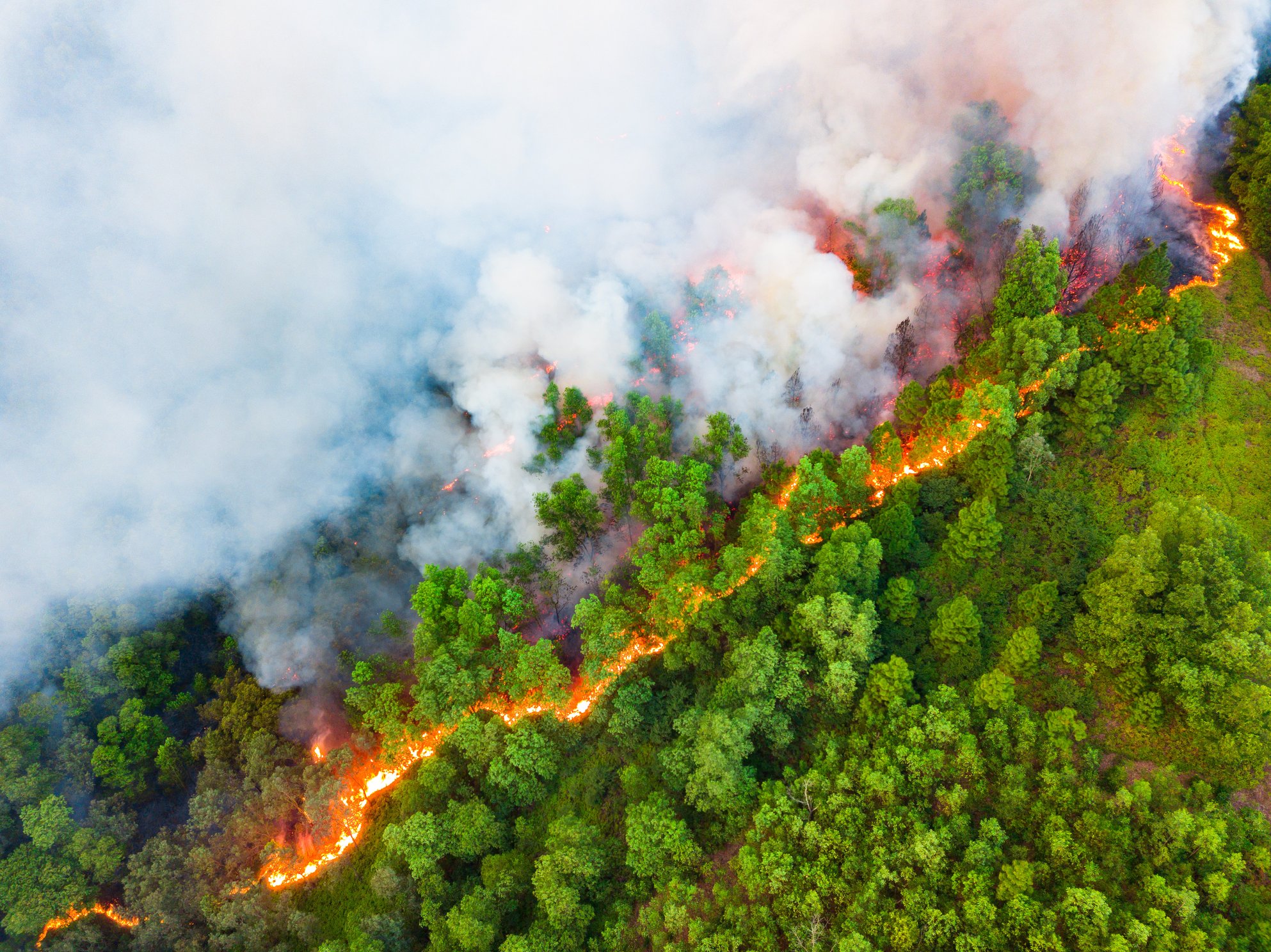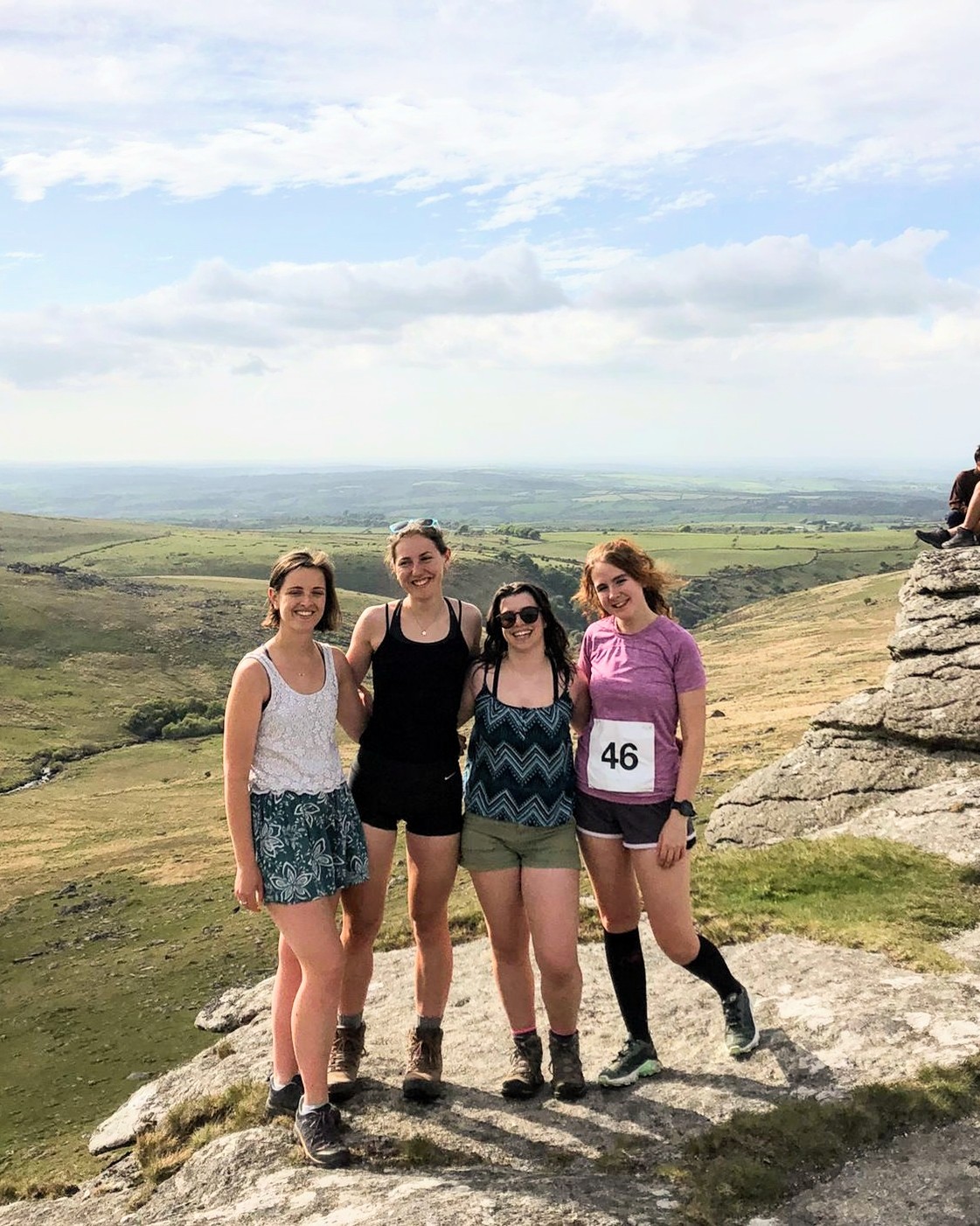

A brighter forecast for women in science
When I was ten, my family moved to a village in the middle of nowhere in rural Warwickshire. Having spent the rest of my childhood somewhere which was a city in all but name, Warwickshire was a pretty big disappointment. If you do not care about Shakespeare, there is nothing to do and nowhere to go. My parents dealt with this by taking up geocaching. I dealt with this by asking if I could join the village Guide group. My parents said “no, you won’t like it – but you can join the Scouts if you want to”. I did.
As it turned out, there were no other girls in that Scout troop. I became an accidental trailblazer. And while all the adults made it very clear to me (and to the boys!) that I belonged there as much as anyone else, I was very aware that whenever we had to split ourselves into teams I was always one of the last to be chosen. I thought this was deeply unfair. I knew there was no difference between me and the boys. I was pretty quick, and strong for my size too. And so I embarked on a mission to prove that I was, in fact, as tough as everyone else. Thankfully, it didn’t take long at all for the boys to properly accept me, and by the time I was 12 I was voted in by my peers as Senior Patrol Leader, ranking above boys three years older than me and double my size.
A few years later I’d have to choose my A levels. My favourite subjects for most of secondary school had been Art, English Literature and Music, but I’d done some Maths Olympiads during my GCSE years and they were really fun so (to many people’s surprise!) I ended up settling on a mix of science subjects, with a language thrown in too.
The difference in gender balance across those subjects was really obvious. German was a tiny class, but maybe three-quarters female. Chemistry was half-and-half. Further Maths was maybe one-quarter female. But in Physics, I was the only girl. And while I was, by then, very used to being “the only girl” at Scouts, it felt so strange to experience that at school. Nobody ever said anything explicitly terrible, but there were a lot of mild things that made me feel uncomfortable. I was good at physics, so I was invited to go on a summer school – but then there were murmurings that my gender had contributed to me being chosen. And again, when we were all sending off our university applications, many people complained that it was unfair – that I was more likely to get into a good university, because I was female and applying to study Physics, and “physics departments want more women”. I’d love to be able to say that I had the confidence to shake these comments off. The truth, though, is that by the age of 16 I just couldn’t see it in that simple way I did when I was 10. I did know that I was good at physics. I had the grades to prove it. But there was always a voice in the back of my mind thinking: what if they’re right? What if people have given me extra chances because I am female?
And throughout all my years at university, that voice never really went away. At undergrad I was the only girl on my degree scheme and over the course of the four years would only have two female lecturers. Whenever I won a prize, or got a place on an internship, or successfully applied for a job, I always really wanted to know: did my gender play any part in that? I ended up graduating top of my department, which meant a huge deal to me for many reasons, but a significant one of those was that it was an objective measure. Our exam scripts were completely anonymised. Nobody marking my answers knew anything about me.
Post-university I’d go on to work for the Met Office – remotely for a year due to the pandemic, and then from the office as soon as we were allowed. And as soon as I started coming into the office I realised that, for the first time since I was 16, I was in a scientific environment where I didn’t feel like the odd one out. There were a lot of female scientists around, and they were cool, and they were smart, and they were confident, and they were funny – and for the first time I had people I would look at and think “I’d love to be like that one day”. I started realising things about myself that I’d never consciously registered before – like the fact that I had been deliberately “dressing down” my femininity at university, almost exclusively wearing dark jeans and plain jumpers, because I didn’t want to give anyone the opportunity to accuse me of using my gender to “win” internship/scholarship opportunities. I still have the same drive to improve, but that’s now because I genuinely want to be better, rather than because I feel like I have something to prove. It feels different: like climbing, rather than being chased.
And so, while International Women’s Day has always been incredibly important to me, these days it feels very different. I no longer feel a panicked urgency to start preparing for battle, ready for a day of desperately fighting for change. Instead, I am looking forward to a day of reflecting on how lucky I am to be surrounded by such brilliant women, who lift me up and inspire me to be the best version of myself.
About the Author
Alice Lake studied for a BSc in Theoretical Physics at Lancaster University, before completing a Master's degree in Mathematical and Theoretical Physics at the University of Oxford.
Since 2020 she has worked for the Met Office as a Scientist in the Post-processing Applications team, working on improving forecasts for the surface transport and energy industries.
She is a member of the Royal Meteorological Society.

